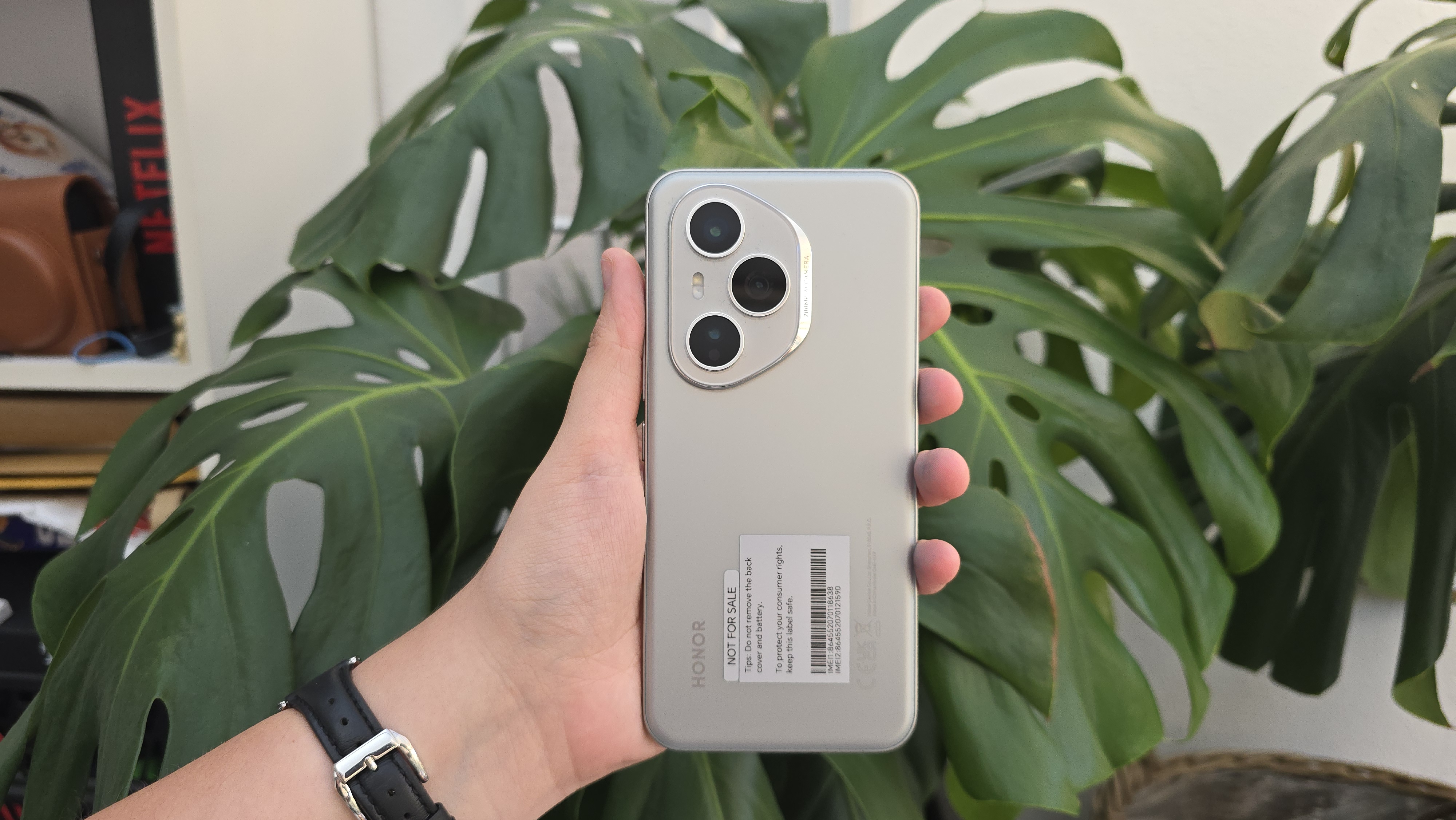Mozilla wants devs to get their game on
Challenges devs to showcase what’s possible with gaming on the web
The web is the platform, or so says the Game On website, a Mozilla competition that wants to "show what's possible using the web as an open gaming platform for the world". According to a press release, Mozilla "believes that the web has the potential to be a powerful open gaming platform […] where game players seamlessly become game creators and games can work on any device, anytime, anywhere". If you want to enter, the deadline for a prototype is February 24, 2013.
Game On highlights how rapidly open web technology is evolving, and this could signal a shift during 2013 regarding games development. Matt Thompson, chief storyteller and communications director at the Mozilla Foundation, told .net that "it's now absolutely possible to create high-quality games on the web platform," adding: "Technologies like WebGL, big improvements in JavaScript performance, and robust competition between browsers, is making things possible on the web today that we couldn't even imagine a few years ago." Of those aspects of the open web considered weak from a gaming standpoint, Thompson said there's also plenty of ongoing work: "For example, there's been a lot of recent emphasis on high-quality audio functionality on the web. Features like 3D positional audio and effects are being solved by the Web Audio standard, which Mozilla is working on in conjunction with other browser vendors."
The goal of Game On, according to Thompson, is to push boundaries and show what's possible. Mozilla's hoping to see playable prototypes in 'hackable' games that "enable players to remix game mechanics, fork code or weave assets from the web right into gameplay," multi-device games that "explore concepts like asymmetric gaming, alternate reality games, and companion apps," and web-only games, "inspired by web mechanics like sharing links and data, finding clues online that help you advance".
Thompson added for people still unsure about a possible shift of gaming to the web, there are plenty of potential benefits. "Games fuel our imagination in unique ways and often involve exploring and creating new worlds. In recent years, hit games like Little Big Planet and Minecraft have explicitly embraced open-ended, creative world-building as a core gameplay concept. We see the web as an ideal canvas for these types of experiences. By opening the web as a place for creative gameplay, we can invite more people to make and remix games on the web, and help democratise and diversify gaming for everyone," he said. "And in addition to those more aspirational goals, there are other obvious immediate benefits: instant access, with no downloads or installs, and users discovering and experiencing new games the same way they experience YouTube videos."
Get the Creative Bloq Newsletter
Daily design news, reviews, how-tos and more, as picked by the editors.

Thank you for reading 5 articles this month* Join now for unlimited access
Enjoy your first month for just £1 / $1 / €1
*Read 5 free articles per month without a subscription

Join now for unlimited access
Try first month for just £1 / $1 / €1

The Creative Bloq team is made up of a group of art and design enthusiasts, and has changed and evolved since Creative Bloq began back in 2012. The current website team consists of eight full-time members of staff: Editor Georgia Coggan, Deputy Editor Rosie Hilder, Ecommerce Editor Beren Neale, Senior News Editor Daniel Piper, Editor, Digital Art and 3D Ian Dean, Tech Reviews Editor Erlingur Einarsson, Ecommerce Writer Beth Nicholls and Staff Writer Natalie Fear, as well as a roster of freelancers from around the world. The ImagineFX magazine team also pitch in, ensuring that content from leading digital art publication ImagineFX is represented on Creative Bloq.
